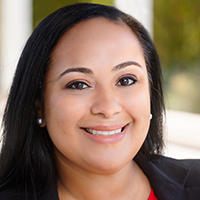The Lawyer’s Duty to Communicate Settlement Offers in Civil Matters
By Shelly Skinner
California’s legal ethics rules are designed to protect the public and the integrity of the legal system, while promoting the administration of justice and confidence in the legal profession. Cal. Rule of Prof. Conduct 1.0. Attorney candor is crucial to achieving these aims. While the legal ethics rules set forth many aspects of the duty of candor, this article will focus on the duty to communicate settlement offers in civil matters.



